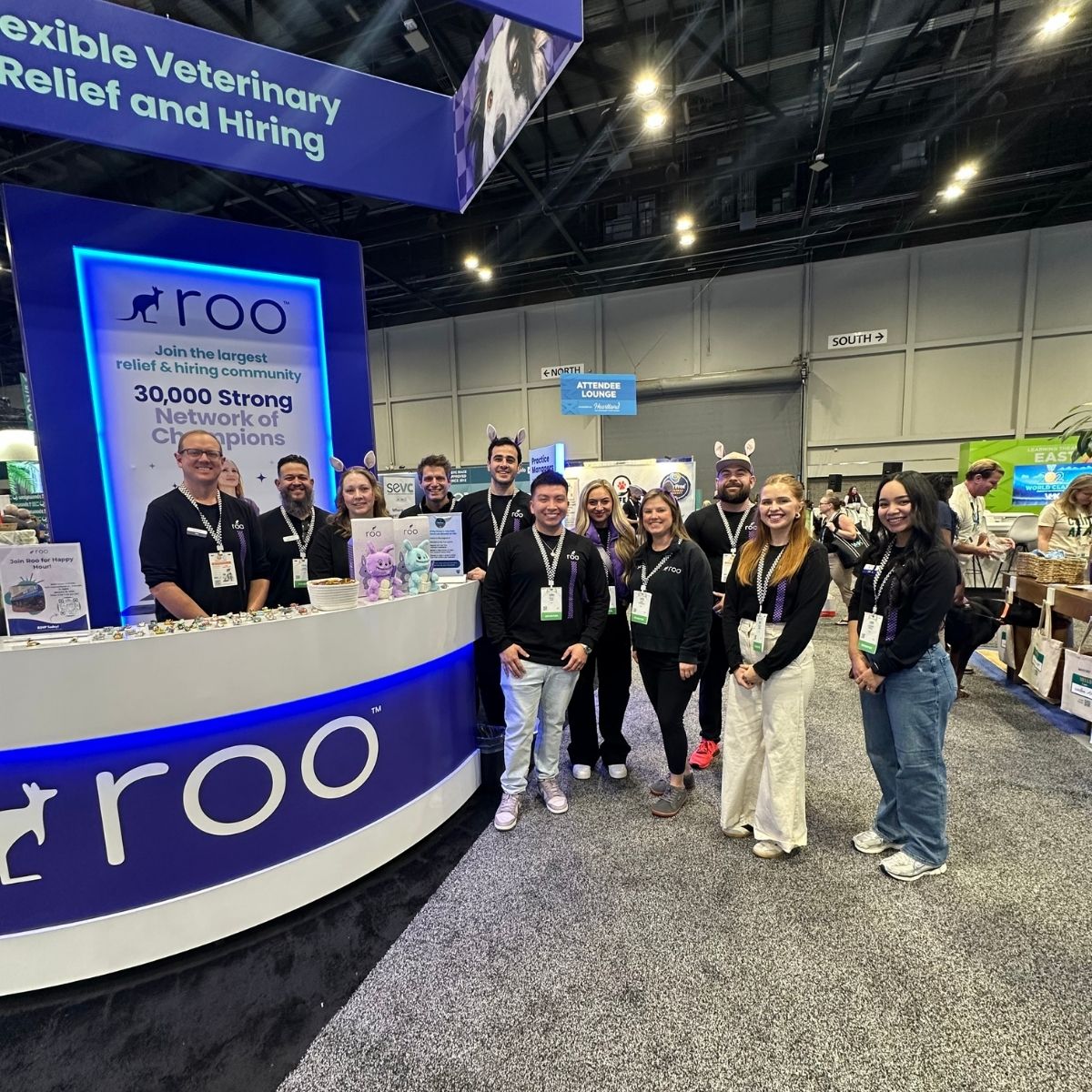So, you’ve made it through Vet school, or maybe you’re weighing your options, and you’re starting to wonder, "What’s next for my career and my bank account?" It's a great question to ask. After all your hard work, you deserve a career that’s not only fulfilling but also financially rewarding. The good news is that the Veterinary field is booming. In fact, Indeed recently named "Veterinarian" as the number one best job for 2025, citing a high median salary and a huge jump in job openings. This guide is here to walk you through the highest paid Veterinary fields, helping you explore specialties and career paths that can lead to greater earning potential. Let’s dive into the options that can help you build a prosperous future while doing the work you love.
What drives Veterinary salaries?
Before we get into specific roles, it’s helpful to understand what shapes a Veterinarian's paycheck. It’s not just one thing but a mix of factors that can have a big impact on your earnings. Knowing these can help you steer your career in the direction that best fits your financial goals.
The most significant factor is often specialization. Just like in human medicine, Vets who complete additional training to become board-certified in a specific area typically earn more than general practitioners. This is because their advanced skills are in high demand and short supply. Your years of experience also play a major role. A new graduate will naturally start at a different salary point than a Veterinarian with over a decade of practice under their belt.
Where you choose to work matters a lot, too. Salaries can vary significantly from one state to another, and even between city and rural locations within the same state. Finally, the type of practice you work in makes a difference. Working in a small private clinic is different from a large corporate hospital, a university, or a government agency, and each comes with its own salary structure and benefits.
The top-tier Veterinary specialties
If you're aiming for the top of the pay scale, specialization is where it's at. Board-certified specialists can command some of the highest Veterinary salaries, often earning between $200,000 and $250,000 annually. This path requires years of additional training, including internships and residencies, but the financial return can be substantial. Here are a few of the most lucrative specialties.
Veterinary surgeon
Veterinary surgeons are at the forefront of complex animal care. They perform everything from routine spays and neuters to intricate orthopedic and soft-tissue surgeries. It’s a high-stakes, high-skill field that requires a steady hand and a deep understanding of anatomy. The demand for skilled surgeons is consistently high, making it one of the most respected and well-compensated specialties in Veterinary medicine.
Veterinary ophthalmologist
These Vets specialize in the eyes. They diagnose and treat conditions like glaucoma, cataracts, and retinal diseases in animals. Their work can restore sight and significantly improve an animal's quality of life. This highly specialized field requires delicate precision and advanced equipment, contributing to its high earning potential.
Veterinary cardiologist
Just like their counterparts in human medicine, Veterinary cardiologists focus on the heart. They diagnose and manage heart conditions, perform advanced diagnostic tests like echocardiograms, and create treatment plans for animals with heart disease. As pets live longer, the need for specialized cardiac care continues to grow, making this a financially rewarding field.
Other high-paying specialties
- Anesthesiology: These specialists are crucial for ensuring the safety and comfort of animals during surgery and other procedures. They manage pain and monitor vital signs, a critical role that commands a high salary.
- Internal Medicine: Specialists in internal medicine tackle complex, chronic, and often mysterious illnesses. They are the detectives of the Veterinary world, piecing together clues to solve challenging cases.
- Radiology: Veterinary radiologists are experts at interpreting diagnostic images like X-rays, ultrasounds, and MRIs. Their expertise is vital for accurate diagnoses across all areas of Veterinary medicine.
Beyond the clinic: Lucrative non-clinical Veterinary careers
Not all high-paying Veterinary careers are found in a traditional clinic. Your DVM can open doors to a variety of roles that offer great pay and a different pace of life. These paths often come with more regular hours and unique opportunities for growth.
Industry and corporate roles
The animal health industry is a massive sector that includes pharmaceutical companies, pet food manufacturers, and biotechnology firms. Veterinarians are essential in these settings for research and development, sales, and technical support. While some professionals have mixed feelings about the corporate world, these roles offer competitive salaries and benefits, plus the chance to impact animal health on a global scale. If you are looking for a new opportunity, you can explore openings on the Roo careers page.
Government and public health
Working for the government offers a stable and impactful career path. Vets are employed by agencies like the U.S. Department of Agriculture (USDA) and the Centers for Disease Control and Prevention (CDC) to work on food safety, disease control, and public health policy. These roles are vital for protecting both animal and human populations.
Veterinary practice ownership
For those with an entrepreneurial spirit, owning a practice can be one of the most financially rewarding paths. As a practice owner, you're not just a Vet; you're a business leader. This means managing staff, budgets, and marketing. While it comes with more responsibility and risk, it also offers the highest potential for financial success and the freedom to build a practice that reflects your own values.
The rise of Relief work: a path to financial freedom
If the idea of being your own boss appeals to you but practice ownership feels like too big a leap, Veterinary Relief work could be your perfect fit. Working as a Relief Vet through a platform like Roo gives you complete control over your schedule and income. You decide when and where you work, with no minimum shift requirements.
This flexibility allows you to build a career that fits your life, not the other way around. Plus, the earning potential is significant. Roo Vets can earn $1,400 or more in a single shift, and many find they earn nearly double the hourly rate of an average associate Veterinarian. It’s a fantastic way to boost your income, explore different types of practices, and enjoy a better work-life balance. You can take charge of your career by signing up with Roo to see what opportunities are available near you.
Growing your career and your paycheck
No matter which path you choose, your career is a journey. Continuously learning and growing is key to increasing your job satisfaction and your income. Staying on top of the latest medical advancements through continuing education is essential. Roo makes this easy by offering a variety of free CE events to help you expand your skills. Networking with other professionals, whether at events or through Relief work, can also open doors to new and exciting opportunities.
Frequently asked questions (FAQs)
1. What is the highest paid Veterinary field?
Ansewer : Veterinary specialists are typically the highest earners in the field. Board-certified specialists in areas like surgery, ophthalmology, and cardiology can earn average salaries between $200,000 and $250,000 per year due to their extensive, specialized training.
2. What are the top three industries that employ Veterinarians?
Answer : The majority of Veterinarians work in private clinical practice. The other top industries include corporate Veterinary medicine, such as working for pharmaceutical or pet food companies, and government roles with agencies like the USDA or CDC.
3. What factors influence Veterinary salaries?
Answer : Several key factors determine a Vet's salary:
- Specialization and board certification
- Years of professional experience
- Geographic location
- Type of practice (e.g., private, corporate, emergency)
4. How much do Veterinarians in the U.S. make?
Answer : According to 2025 data, a new graduate in the U.S. can expect to earn between $100,000 and $130,000. With 2 to 10 years of experience, that range increases to $120,000 to $160,000, and Vets with over 10 years of experience can earn from $160,000 to $250,000 or more.
5. Is becoming a Veterinarian a good career choice in 2025?
Answer : Yes, it's an excellent choice. Indeed named "Veterinarian" the #1 job for 2025, highlighting its high median salary of around $139,999 and a 124% growth in job postings since 2021, indicating strong demand.

.png)










